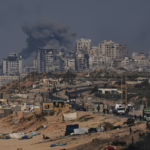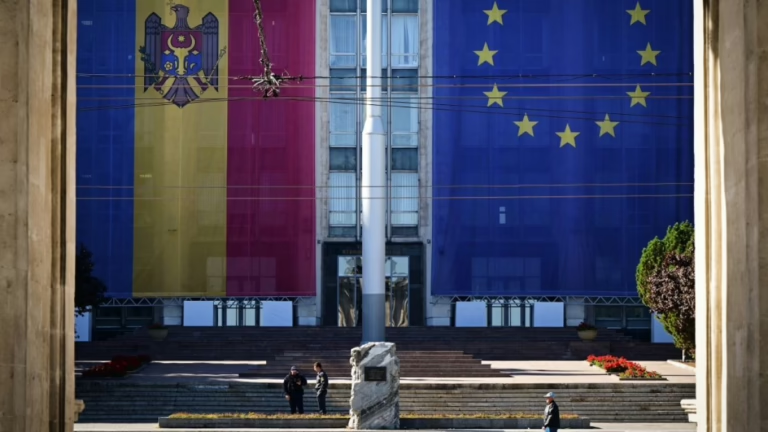Pro-Russian Party Bans Shake Moldova’s Election Amid Uncertainty Over EU Integration
Published On 26 Sep 2025
In a controversial move ahead of Moldova’s parliamentary elections this weekend, the country’s electoral authority has disqualified two parties known for their pro-Russian stance, intensifying the already charged political atmosphere amid accusations of foreign meddling.
The Heart of Moldova and Moldova Mare parties were removed from the ballot on Friday due to allegations involving illicit campaign funding, voter manipulation, and undisclosed foreign financial support. Both factions had campaigned on strengthening relations with Moscow, positioning themselves as key opponents to the incumbent pro-European government.
This exclusion follows a decision by the Chisinau Court of Appeal that imposed a year-long suspension on Heart of Moldova’s activities. The Ministry of Justice initiated the ban after investigations earlier this month uncovered suspected money laundering, illegal financing, and voter bribery attempts.
Heart of Moldova has vehemently denied these accusations, labeling the crackdown as a politically motivated purge designed to silence dissent.
In an official statement, the party declared, “This is not a matter of justice but a premeditated political performance orchestrated by those in power to suppress our voice.” Its leader, Irina Vlah, echoed these sentiments, condemning the ruling as a “staged political drama” engineered by the ruling party.
Following the ban, the electoral commission announced that all candidates affiliated with Heart of Moldova would be removed from the Russia-aligned Patriotic Electoral Bloc (BEP), a significant contender against the ruling Action and Solidarity Party (PAS). The bloc has been given a 24-hour window to revise its candidate roster to maintain eligibility.
On the same day, Moldova Mare was also disqualified, with the commission citing evidence of vote-buying, concealed foreign funding, and participation in a “masked electoral alliance” connected to a previously banned party.
The upcoming election is critical for Moldova, a former Soviet state that gained EU candidate status in 2022. The results will determine whether the nation continues its trajectory toward European integration or shifts back under Moscow’s influence.
Since 2021, the PAS has maintained a commanding parliamentary majority under President Maia Sandu’s leadership, but experts warn that the consolidation of pro-Russian factions could erode its dominance.
With a lack of strong pro-European allies in the race, PAS faces mounting challenges from various directions.
Russia has dismissed the allegations of interference as “anti-Russian propaganda” and baseless accusations.



















